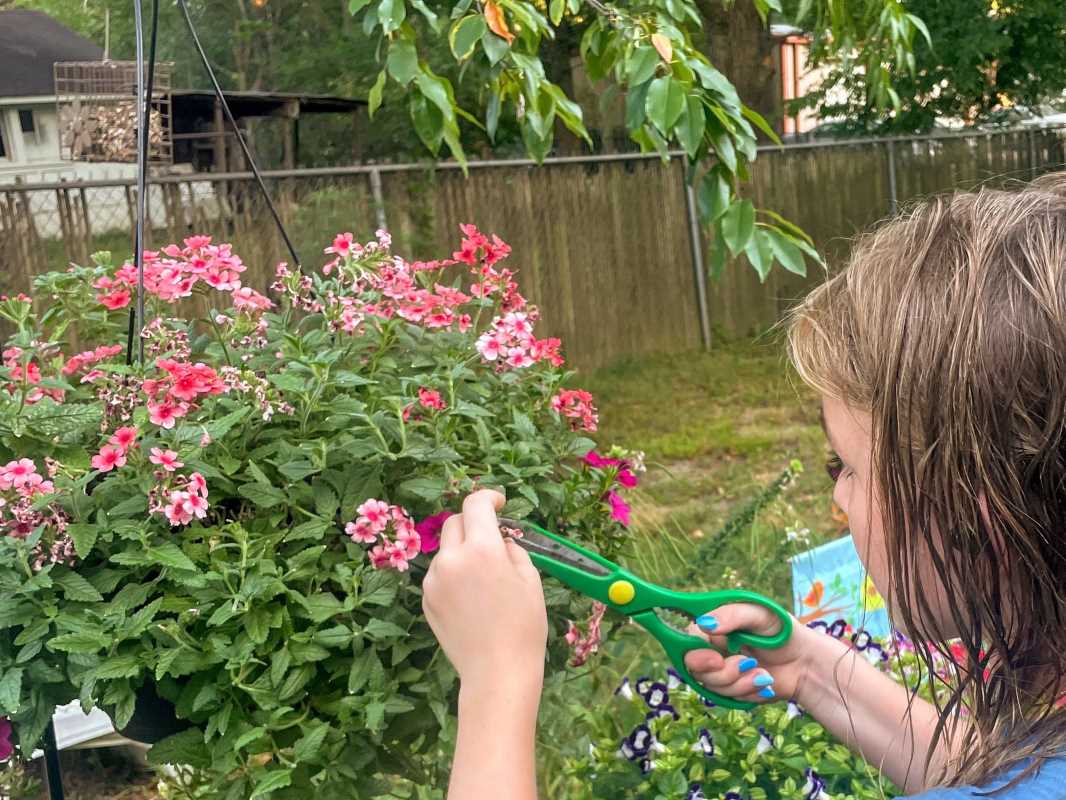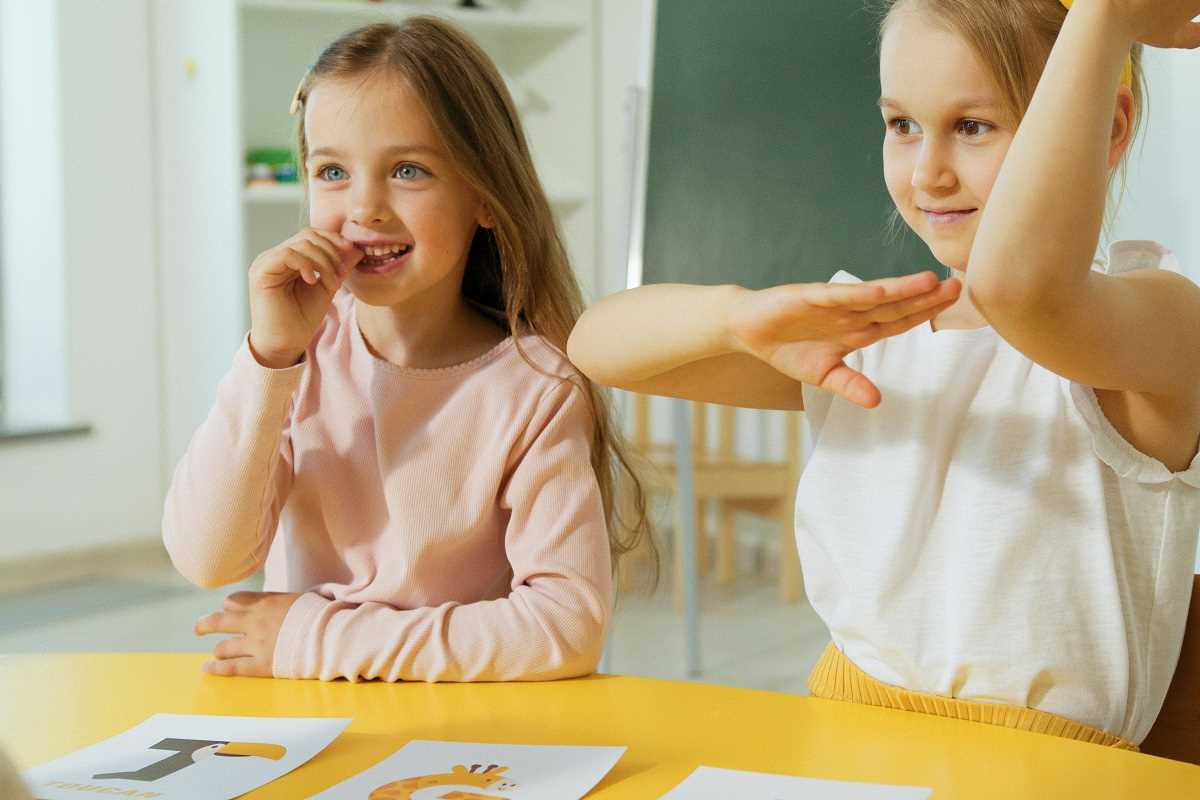The Montessori Approach in Education is a unique and innovative method that utilizes a child’s natural curiosity and love for learning. Originating from the observations and practices of Dr. Maria Montessori in the early 20th century, this educational approach has gained popularity worldwide for its child-centered philosophy. It emphasizes the importance of independence, curiosity, and respect for each child’s learning journey.
Understanding the Montessori Classroom
In a Montessori classroom, you won’t see the traditional desks and chairs lined up in rows. Instead, you’ll find children working independently or in small groups at low tables or on floor mats. This flexible environment allows children to move freely and choose activities that interest them. Montessori classrooms are designed to nurture a child’s natural desire to explore, experiment, and learn through self-directed activities.
The classroom has specially crafted materials that encourage hands-on learning across various subjects. These materials cover math, language, sensory awareness, practical life skills, and cultural studies. For example, young children learning math might use colorful bead chains to understand counting and the concept of numbers. Each material is designed to be self-correcting, allowing children to recognize and learn from their mistakes independently.
The multi-age setup in a Montessori classroom, typically spanning three years, enables younger children to learn by observing older peers and gives older children the opportunity to reinforce their knowledge by teaching younger ones. This fosters a community atmosphere where children are encouraged to collaborate, mentor, and support one another.
Benefits of the Montessori Approach
One of the primary benefits of the Montessori approach is that it allows children to learn at their own pace and follow their interests. This flexibility fosters a love for learning and helps children develop a sense of independence, self-discipline, and responsibility for their own educational journey.
Research has shown that Montessori students often perform better in academic achievement, critical thinking, and social skills than their peers in traditional settings. The emphasis on autonomy and hands-on learning enables children to build a strong foundation in problem-solving and adaptability—crucial skills in today’s rapidly changing world. Furthermore, the Montessori approach helps children develop self-confidence and intrinsic motivation, as their progress is not evaluated through grades but by their individual learning achievements and mastery of concepts.
In a study by the University of Virginia, Montessori students demonstrated superior social and behavioral skills, showing greater empathy, self-regulation, and a sense of fairness. The approach’s focus on respect and community helps nurture these social values, enabling children to grow into well-rounded individuals who are confident and capable of interacting effectively with others.
Parental Involvement in Montessori Education
Parental involvement plays a crucial role in supporting a child’s Montessori education. While the classroom environment nurtures independence, parents can extend this approach at home by fostering an environment that allows children to engage in self-directed activities. This can include simple tasks such as helping with household chores, allowing children to dress themselves, or setting up spaces where children can read, explore nature, or work on creative projects independently.
Montessori parents are encouraged to communicate regularly with teachers to understand their child’s progress and receive guidance on supporting learning at home. Additionally, many Montessori schools offer workshops or resources for parents to help them align their home environment with Montessori principles. This collaborative approach between educators and parents helps create a seamless learning experience for children.
Parents are also encouraged to model the values of patience, respect, and curiosity that Montessori emphasizes, creating a positive and encouraging atmosphere at home. Parents can reinforce the independence and self-discipline fostered in the Montessori classroom by allowing children to make decisions and participate in activities that build practical skills.
Challenges of Implementing the Montessori Approach
While the Montessori approach offers many benefits, it also comes with its challenges. Not all schools have the resources to fully implement the Montessori method, which requires specialized materials and trained teachers. Montessori teachers go through rigorous training to learn the unique approach and methodology, and schools must invest in resources that align with Montessori principles. These requirements can make Montessori education more costly and less accessible to all families.
Some parents may also struggle to understand the Montessori method’s hands-off approach to learning, as it differs significantly from traditional education models. The emphasis on independence and choice may be unsettling for those accustomed to conventional teaching methods, where structure, assignments, and assessments are more prominent. It may take time for parents to fully appreciate the value of a less structured, child-centered approach.
Finally, due to the different structures and expectations, some students may find it difficult to transition from a Montessori environment to a traditional school setting. However, many Montessori students adjust well and often excel because of the foundational skills they have developed.
The Global Impact of Montessori Education
The Montessori approach has significantly impacted education worldwide, with Montessori schools established in over 100 countries, serving children from diverse cultural and socioeconomic backgrounds. Montessori’s principles of respecting the child, individualized learning, and hands-on exploration have influenced educators and schools across the globe, even those outside the Montessori network.
The method’s emphasis on creating an inclusive, diverse learning environment allows children from various backgrounds to thrive. Montessori’s influence has extended beyond classrooms, as its philosophies have inspired educational reform, teacher training programs, and parental support initiatives around the world. Many educators and parents view Montessori education as a forward-thinking approach that prepares children to navigate and succeed in an increasingly interconnected global society.
The Montessori Approach in Education offers a holistic, child-centered way of learning that empowers children to reach their full potential. By embracing the principles of independence, curiosity, and respect for each child’s unique journey, Montessori education fosters academic skills and social and emotional growth.
While there are challenges to implementing this approach, its impact on students and society is undeniable. Montessori’s emphasis on individualized learning, cultural awareness, and hands-on exploration continues to shape the future of education, providing children with the tools they need to become compassionate, capable, and creative individuals prepared for the world beyond the classroom.
As the world recognizes the benefits of this method, Montessori education remains a valuable model for nurturing young minds and cultivating lifelong learners. This approach teaches children to understand themselves, others, and the world around them, laying the foundation for a brighter, more inclusive future.
.jpg) (Image via
(Image via





